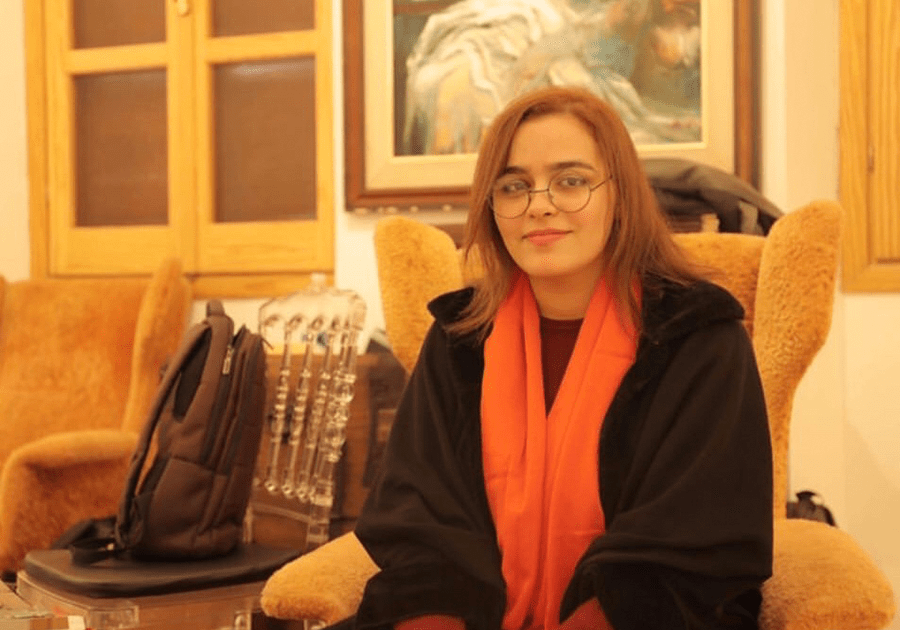- Expertise
- About us
-
Our Purpose
Find out more about CTG’s origins and vision
-
Our Leadership & Management
Meet the team driving CTG’s vision around the globe in conflict settings
-
Our Policies
We adhere to the highest levels of ethical management and corporate governance
-
Contact CTG
Get in touch to find out more about our services
-
CTG’s Culture
At CTG we hire EPIC people
-
- Impact
-
UN Recognition
Global recognition for our social good efforts
-
Sustainable Development Goals
Our commitment to advancing the SDGs
-
Shared Value
Solving social challenges with business solutions
-
Female First
Increasing female representation in humanitarian jobs
-
Putting People First
Leaving a lasting impact on the communities where we work
-
Committed To Good Summit
Accelerating development progress through localised collaboration
-
- Engage
- Work with us
-
Jobs
Find your next post with CTG and sign up to our jobs portal
-
Tayo
CTG’s remote workforce management software
-
Duty Of Care
Protecting our staff and minimising risk in conflict-affected areas
-
Internships
CTG’s Women in Aid: Internship & Mentorship Programme
-
Staff Support
CTG Wellbeing, CTG Learning & CTG Helpdesk
-
Libya Reem Almabrouk

As a young person living in Libya with its current fragile economic and political situation, I believe it is my responsibility to contribute to society. I started my volunteering journey when I was 12 when my Sudanese classmate was bullied and subjected to racism in primary school. At the time, I didn’t know what I could do to support or raise awareness of such acts. This pushed me to look for ways to make a positive change and help people who need it. I admired the field of human rights and I constantly read up about the international agreements and protocols that protect human rights.
My advice to every woman is don’t wait for someone to hold your hand, stand up for yourself, be aware of your rights and abilities. Leaning back and hiding in shadows whenever we face a challenge is never an option. We stand upon the shoulders of women who fought before us, for the rights we consider as basics now.
My first time working in the humanitarian sector was in 2017. I visited a detention centre and I discovered a new world that I was not familiar with. No reports or statistics can describe the amount of tragedy I witnessed. People were living in dehumanising conditions with no access to basic human rights. They were compelled to flee their homes to find a place of safety and ended up in a situation that wasn’t much better.
I scheduled to visit them twice a week, listen to their stories and try to lighten some burdens. I continued to research and participate in events relating to human rights and built a comprehensive background on humanitarian work worldwide. I became more aware of my rights and others’ rights according to UN standards.
In 2019, I became a Programme Assistant at the MHPSS unit. At the time our unit was new, and the concept of mental health/psychosocial support was also new to the community; they did not believe in its significance which made the mission even harder.
I took the overall responsibility of conducting daily field visits and assessments, linking migrants with available services, and following up and supervising implementing partners in different areas around Libya. I faced challenges as well, some of them occurred just because I’m a woman. I was excluded to conduct training because ‘no one wants to be trained by a young pretty girl’. I didn’t let that get me down, it just made me want to prove my capability to lead.
It is everyone’s responsibility to achieve gender equality. We still have a long way ahead of us, it doesn’t matter when we arrive as long as we are progressing. We need to line up beside men to build a more equal world, and women should contribute with no excuses.
Working in the humanitarian sector has its challenges, we work with the most vulnerable people in insecure and challenging environments. But our work is a ray of hope for many. Recently, I worked as an Operations Assistant for a voluntary humanitarian return programme. One of my functions was to conduct interviews with migrants who are willing to return home. I got the chance to hear their interesting stories and learnt about many other cultures.
As humanitarians we should respect the trust placed in us and stick to the humanitarian principles. We have the power to positively affect someone’s life, and I think that’s very important in a time like this.
If you are passionate about humanitarian work, do it now. If not you, then who?
The humanitarian sector has taught me how to be thoughtful, more disciplined, and how to stand up for myself and others. In the end, I choose to stand with humanity before anything else.
